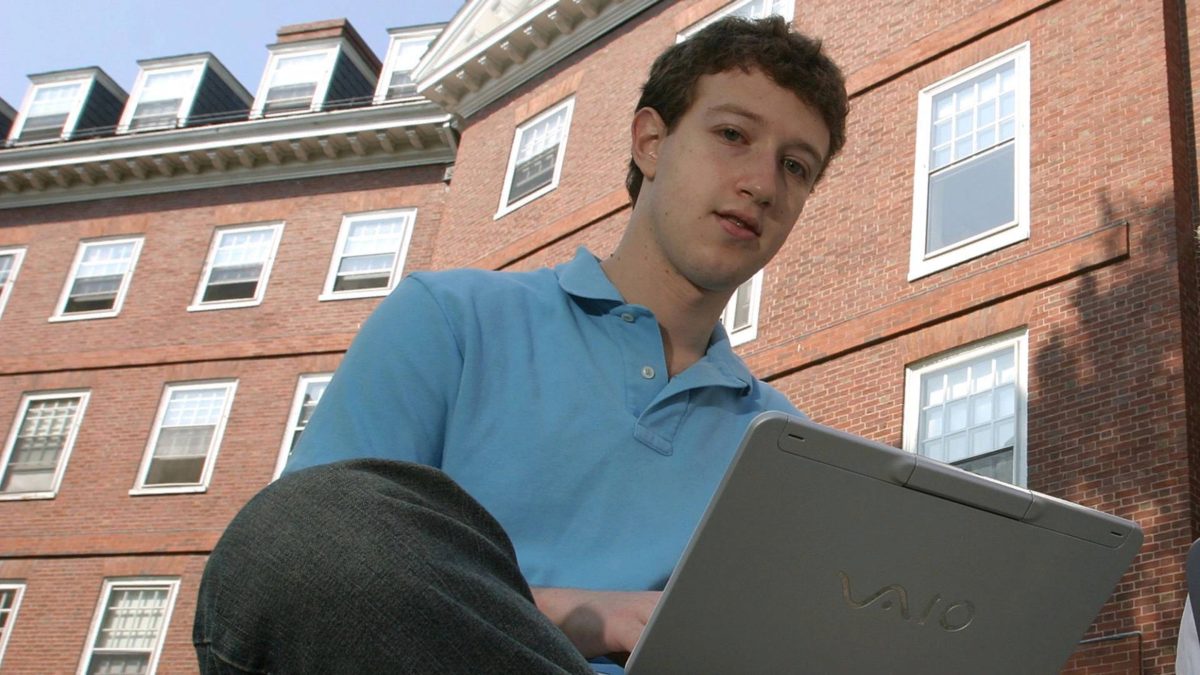The process of releasing private student loans may be a daunting but doable target for those who are facing financial difficulties or other situations. Contrary to federal student loans with a range of repayment and discharge programs however, private student loans come with more stringent requirements and offer fewer options to get relief. This article offers a complete outline of how to discharge student loans from private lenders and the steps required as well as eligibility requirements and alternative options.
Understanding Private Student Loans
These are education loans that are offered by private lenders like credit unions, banks as well as other financial institutions. In contrast to federal student loans, that are backed by the federal government Private student loans are determined by the creditworthiness of the person who is borrowing and typically have interest rates that are variable. Because of the fact that they are private, they are not as subject to the same forgiveness and discharge programs that are available to the federal loans for students.
Common Reasons for Discharging Private Student Loans
It is usually difficult, however certain circumstances could allow students to get discharged. Most common reasons are bankruptcy, permanent and complete disability, or fraud or a misrepresentation made by the institution.
Bankruptcy
Although resolving student loans from private lenders by bankruptcy is a challenge but it’s not difficult. The borrower must show that the repayment of the loan would create unnecessary hardship. This usually requires filing a separate suit known as an adversary proceeding in the bankruptcy court.
Total and Permanent Disability
Certain private lenders are able to cancel student loans when the borrower is completely permanently disabled. It usually requires medical evidence and meeting the lender’s particular conditions for disability discharge.
Fraud or Misrepresentation by the School
If a borrower can show that their school has engaged in fraud or misrepresented the program of education They could be able to get discharged. This can include instances in which the school shut down abruptly or failed to provide the education it promised.
Steps to Discharge Private Student Loans
In order to discharge student loans, private students must complete multiple steps, each one requiring attentiveness to detail and meticulous documentation. Here are the essential actions to take:
Assess Your Eligibility
Find out if you meet the criteria to discharge your student loans. Examine the most common reasons for discharge and determine whether your circumstances match one or more of them.
Gather Necessary Documentation
Take all evidence relevant to back your claim. This could include financial statements, medical records and any evidence of misrepresentation or fraud by the school.
Consult a Student Loan Attorney
Get the benefit of an attorney for student loans who is specialized in the discharge of private student loans. A knowledgeable lawyer will benefit you navigate through the confusing legal procedure and rise your chance of getting an effective discharge.
File the Discharge Application
Send your application for discharge to the appropriate organization whether that is your lender, loan servicer or the court that is handling you bankruptcy. Be sure that all documentation required is provided.
Attend Court Hearings
If your discharge is based on an administrative process in a court like an adversary bankruptcy proceeding Be prepared to go to hearings in court and present your case. Your lawyer will be your advocate and present arguments on your behalf.
Tips for Successfully Discharging Private Student Loans
- Document everything: Keep detailed records of all correspondence, documents and other evidence that pertain with your particular case.
- Stay organized: Create a system to keep your documents organized and monitor deadlines.
- Ask for skillful help: An attorney with knowledge of student loan disbursements could impart valuable assistance.
- Be persistent: The process can be difficult and lengthy So persistence is essential.
Alternatives to Discharging Private Student Loans
If paying off your student loans on your own isn’t an option take a look at these options to help manage your debt:
Loan Refinancing
Refinancing your student loans will lower the rate of interest and lower your monthly payments. It is a good opportunity will be desirable for those with strong credit and a steady income.
Income-Driven Repayment Plans
Certain private lenders offer repayment plans that are based on income. These plans alter your monthly payments according to your income. This may give temporary relief when you’re struggling financially.
Debt Settlement
In the event of negotiating a debt settlement, your lender may result in a reduction of the amount to pay off. It usually requires a lump sum payment, which can adversely impact the credit rating of your.
Conclusion
Repaying private student loans can be a complicated and often difficult procedure, but it’s possible under certain conditions. By knowing the eligibility requirements and gathering the necessary documentation and requesting competent help it is possible to boost the chances of getting being successful in getting your loan discharged. If you are not able to discharge, or if it is not an option you can consider other options like refinancing, income-driven plans for repayment or debt settlement to pay off your student debt. Be aware that persistence and organization are the key to navigate this financial environment.
Frequently Asked Questions
